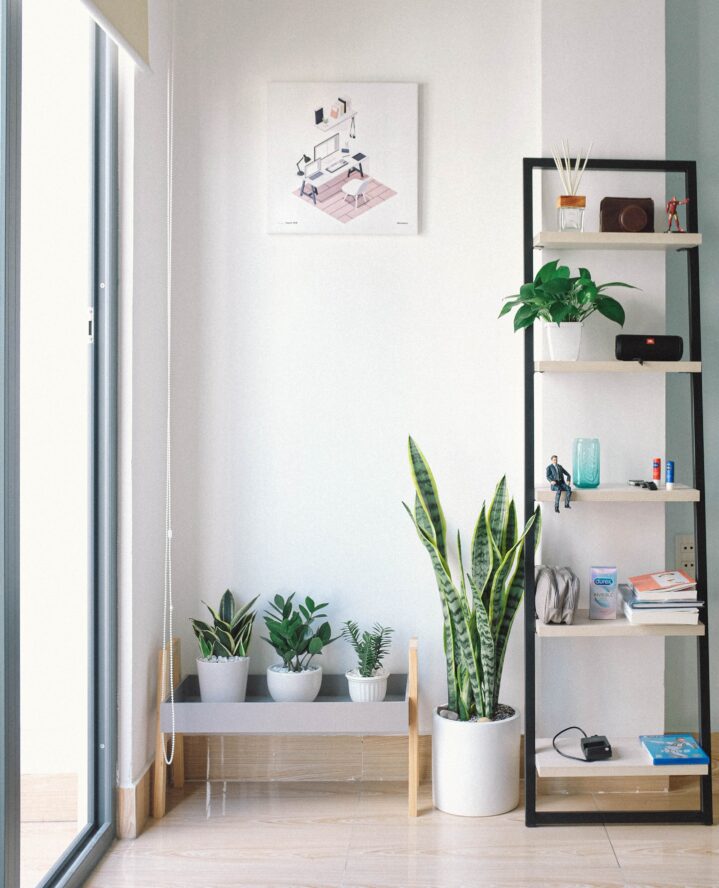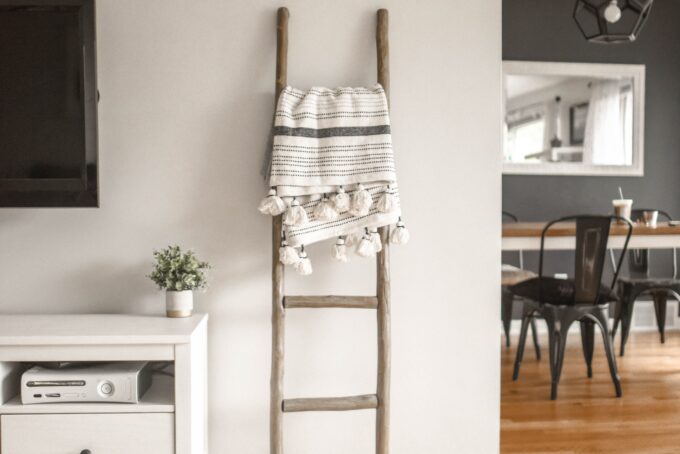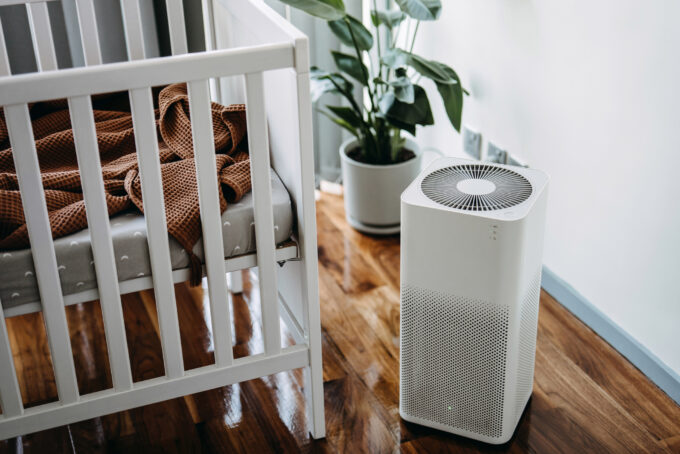Arguably, one of the best parts about being an adult is the ability to make choices that also positively impact the environment and generations to come.
From reducing energy consumption to creating less trash, taking steps to create a more sustainable and zero-waste home has numerous benefits, both for the planet and for your own well-being.
What Is a Zero-Waste Home?
While eliminating your waste altogether may be unrealistic, there are many ways to significantly reduce what you consume and toss to create a more environmentally friendly home. Start by making small changes to create a zero-waste home.
Benefits of a Sustainable and Zero-Waste Home
One of the most significant benefits is that it reduces the amount of waste. This waste traditionally ends up in landfills and pollutes the environment.
In addition to the environmental benefits, having a zero-waste home can also save you money in the long run by reducing your consumption of disposable products and encouraging you to buy items in bulk or second-hand.
And of course, living in a zero-waste home can help you cultivate a greater sense of mindfulness and intentionality in your daily life. Over time, you’ll become more aware of the impact that your actions have on the environment and the world around you.
Tips for Creating a Sustainable and Zero-Waste Home
-
- Reduce food waste with meal prepping. Listen, we love a good Uber Eats delivery on nights when we don’t want to cook. But, by planning meals ahead of time you can ensure that you’re only purchasing and preparing the amount of food that is needed. This ultimately reduces the amount of food that goes to waste. Freezing excess food can also help to reduce food waste by allowing food to be stored and used at a later time. By meal prepping, you can save money on groceries and reduce the waste from plastic delivery containers.
- Make compost. Composting is an excellent way to reduce the amount of waste that ends up in landfills. You can compost food scraps, yard waste, and even some paper products. And, as a bonus, the compost can be used to keep your garden or indoor plants happy!
- Freshen up the household with eco-friendly cleaning products. Many traditional cleaning products contain harmful chemicals that can be toxic to both the environment and human health. With these, you can reduce your exposure to these harmful chemicals and promote a healthier living environment. Eco-friendly cleaning products are also often biodegradable, which means they break down more easily and do not contribute to environmental pollution.
- Swap paper towels with reusable cleaning cloths. Reusable cleaning cloths can be washed and reused many times, which means less waste and fewer resources used. In contrast, paper towels are often used once and then thrown away. By using reusable cleaning cloths, you can reduce your environmental impact and save money in the long run. Reusable cloths also offer a more effective and versatile cleaning option, as they can be used for a variety of cleaning tasks and are often more absorbent than paper towels.
- Avoid single-use plastics. Plastic is everywhere, and can take anywhere from 20 to 500 years to decompose. Avoid products such as plastic straws, plastic bags, and plastic wrap. Instead, opt for reusable alternatives such as metal straws, cloth bags, and beeswax wrap.
- Switch to LED light bulbs. LED light bulbs are energy-efficient and long-lasting alternatives to traditional incandescent bulbs. They consume up to 80 percent less energy than incandescent bulbs, which means lower electricity bills and reduced carbon emissions. They also last up to 25 times longer than incandescent bulbs, which means less frequent replacements and less waste. LED bulbs do not contain mercury or other hazardous materials. This makes them safer for the environment and easier to dispose of.
- Reduce water usage. Installing low-flow showerheads and faucets can significantly reduce the amount of water used in your home. And you, won’t sacrifice comfort or convenience. Fixing any leaks in pipes or faucets can also help to reduce water waste and save money on water bills. Conserving water also helps to reduce the strain on natural resources and can help to prevent water scarcity in areas with limited water supplies.
popular posts
- 1It’s Black Business Month, So Let’s Go Shopping and #BuyBlack!
- 2These Home Decor Items Will Instantly Make Your Space Look Outdated
- 3Black-Owned Home Decor Stores To Support Across the United States
- 4A Look Inside Elon Musk's Tiny $50,000 House
- 57 Black and Multicultural Designers To Follow For Design Inspo
Home

These 5 Kitchen Tools Will Up Your Culinary Experience
by Arielle Clay | January 19, 2023

I’ll Drink To That! Host a Black-Owned Wine & Spirit Tasting At Home
by Arielle Clay | January 20, 2023
Spaces
Whether it’s luxury or ease, every area of your home should be as fabulous and unique as you.
FOLLOW ALONG ON INSTAGRAM
#homeandtexture
Find us on social for more home inspiration where culture, personal style, and sophisticated shopping intersect to help you create a home where you love to live.






